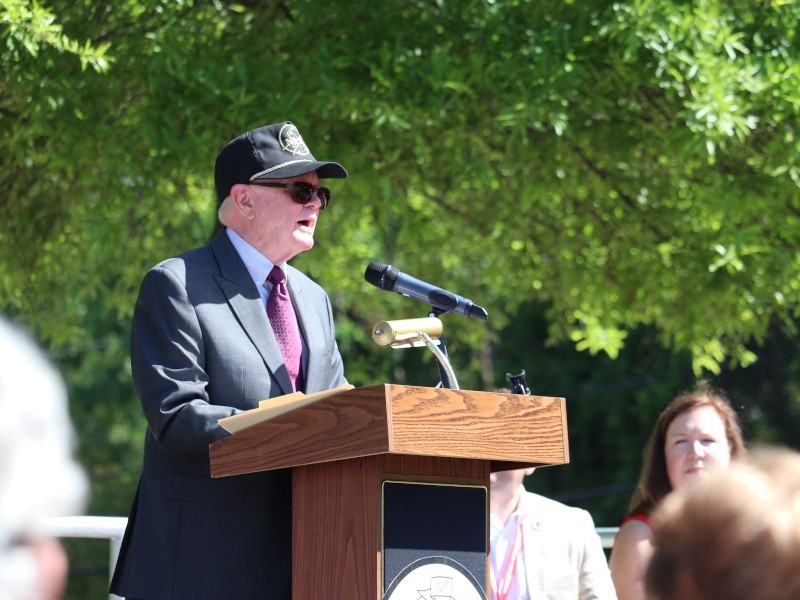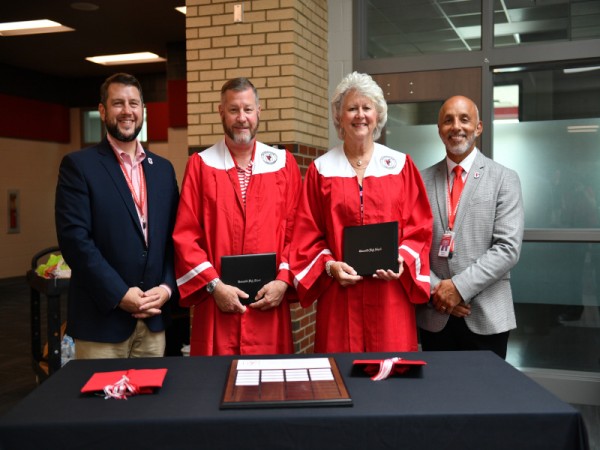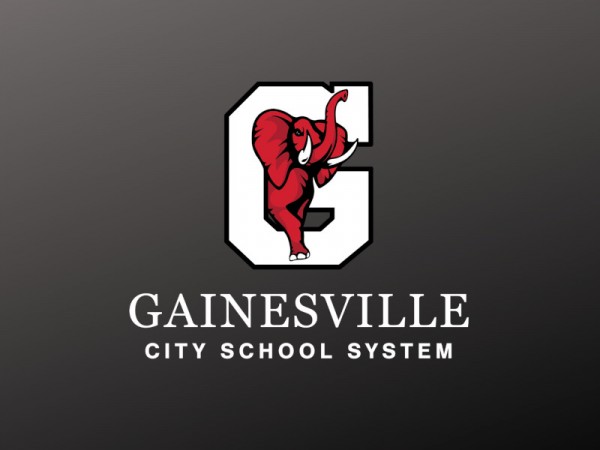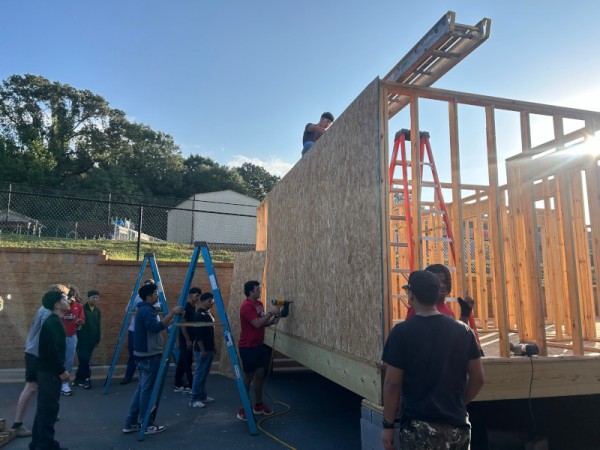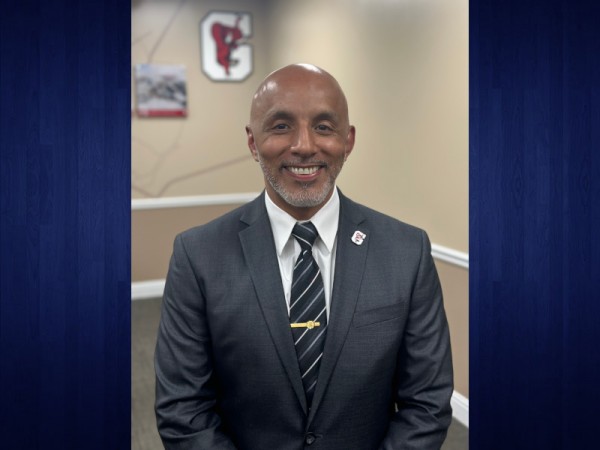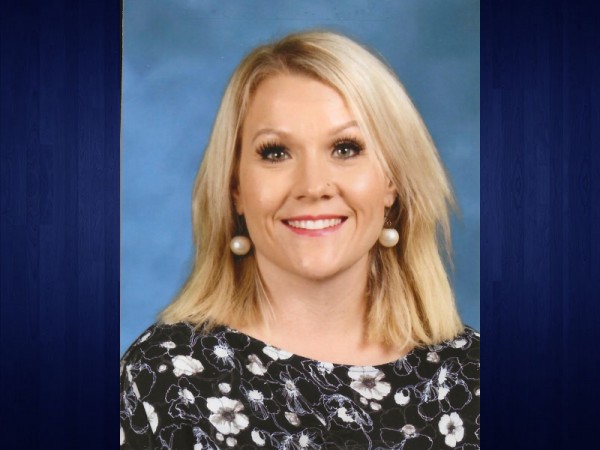Retired Major General Roy D. Bridges, Jr., an astronaut and graduate from Gainesville High School, will be inducted in May into the U.S. Astronaut Hall of Fame at the John F. Kennedy Space Center Visitor Complex in Cape Canaveral, Florida.
Bridges, who graduated from Gainesville High School in 1961 and went on to pilot the space shuttle Challenger in 1985, will be inducted alongside U.S. Senator Mark Kelley.
Bridges will be "returning home" for the ceremony on May 6, as he previously served as the director of the Kennedy Space Center from 1997 to 2003.
"I have a lot of gratitude for the folks that recognized some of the things that, not just me, but teams I led, did," Bridges said. "For example, the International Space Station has been manned for over 20 years now ... I think a lot of that is due to the team that we had doing all the checkout and final testing down at the Kennedy Space Center. Even though I'm getting the honor, I think anybody that worked for me that hears about it will know they are part of the reason why I'm getting this."
Curt Brown, board chairman of the Astronaut Scholarship Foundation, made the announcement this week about the two honorees.
"This year's class is another example of excellence from our space program," Brown said in a press release.
Bridges said becoming an astronaut had been a goal of his from his teenage days.
"I wanted to be part of the space program from the very first time that I heard that the Russians had launched the very first satellite into space when I was in high school," Bridges said.
And it was Gainesville High School that set him up for success.
"My good education at Gainesville High School, where I joined the class of '61 halfway through my freshman year, was very important," Bridges said.
He would go on to attend the U.S. Air Force Academy and Perdue University. He also survived the Vietnam War with 226 combat missions. This led Bridges to the test pilot school, where he graduated at the top of his class.
This eventually led Bridges to apply to become an astronaut in 1978, but he was not initially selected. He was selected to become an astronaut candidate in 1980 after applying a second time.
"I was at NASA for about six years in Houston doing a variety of jobs ... before becoming a pilot on STS-51F, the 19th mission of the space shuttle program," Bridges said.
But, his career didn't end there. After leading the Kennedy Space Center in the late 90s and early 2000s, Bridges served as the director of NASA's Langley Research Center where he directed aeronautical and space research programs.
Finally, Bridges joined Northrop Gruman, where he retired in January 2019 from his position as Technology Services' Director responsible for Department of Energy Business.
"It's been an exciting career. I've certainly enjoyed it," Bridges said.
The Gainesville community honored Bridges during a street sign unveiling ceremony in 2022. This came after the Gainesville City School Board named a street on the Gainesville Exploration Academy's campus in his honor.
Bridges had one piece of advice for those aspiring to pursue a career in the space industry, as he did.
"Follow your dreams. Go for it. Don't let anything get in your way," Bridges said. "You should never give up on your dreams to make a contribution in this important area. No matter how improbable it seems, if you work hard, and have some good luck too, you can achieve your dreams."
The U.S. Astronaut Hall of Fame was created over 30 years ago by the six surviving Mercury 7 astronauts. The process is administered by the Astronaut Scholarship Foundation.
To be eligible for nomination, the astronaut must have made their first flight at least 15 years before the induction. They must also be a U.S. citizen and either a NASA-trained Space Shuttle Commander, Pilot, Mission Specialist or an International Space Station Commander or Flight Engineer who has orbited the Earth at least once. Their last day eligible for flight assignment as a NASA astronaut must also be at least five years prior to nomination.


